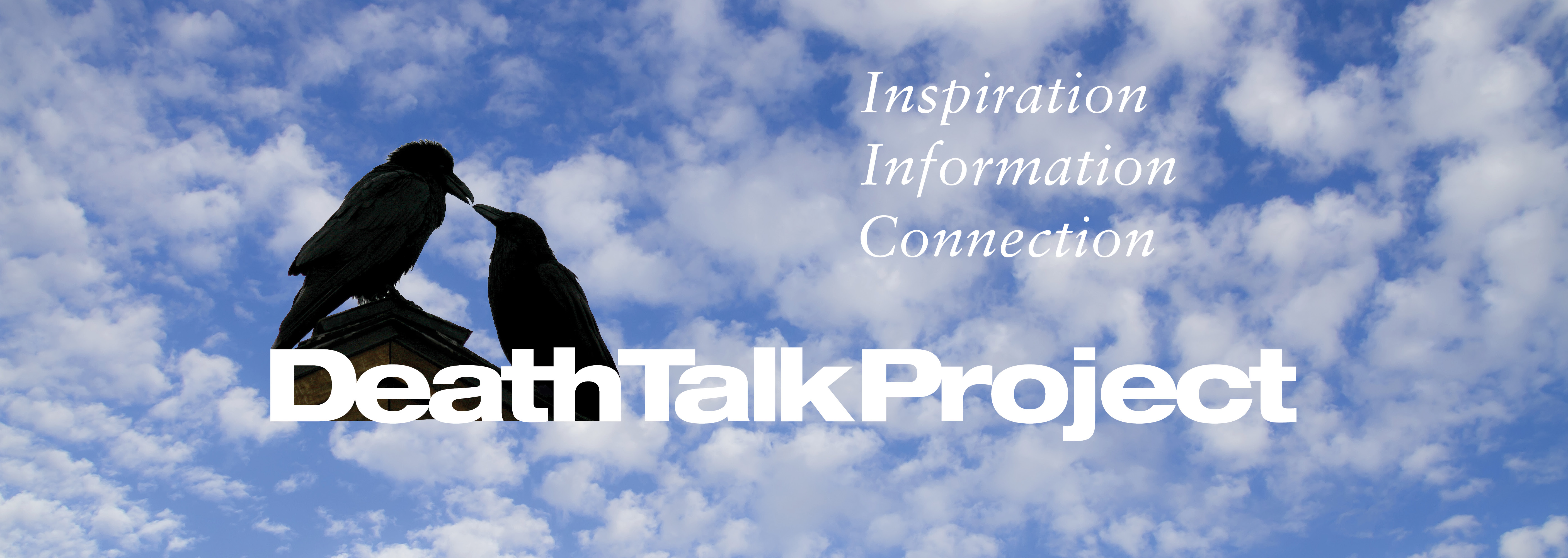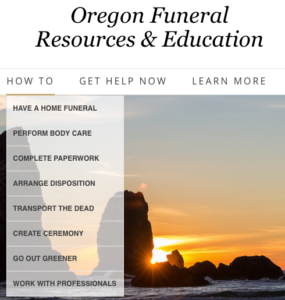Indelible in the Hippocampus

Honoring the Grief of Our Lives & These Times: Cultivating the Skill of Heartbrokenness
As it happened, the day before Dr. Christine Blasey Ford gave her searing testimony in Brett Kavanaugh’s Supreme Court nomination hearing, I gave a presentation of my own. The setting was entirely different, of course – a community arts center on the North Oregon coast. And my audience was universally open-hearted and friendly.
But the topic I presented on was unexpectedly relevant to the tsunami of trauma that met Dr. Ford’s all-too-familiar story and Judge Kavanaugh’s sadly predictable response the next day.
“Honoring the Grief of Our Lives & These Times: Cultivating the Skill of Heartbrokenness” was our focus that Wednesday afternoon.
We honored what brought us to and through the “Five Gates of Grief” enumerated by Francis Weller in The Wild Edge of Sorrow (I’ve written previously about them here). The 1st Gate of Grief: the recognition that everything we love will die. The 2nd Gate: the places that have not known love – those places shut down by abuse and shame. The 3rd Gate: the sorrows of the world. The 4th Gate: what we expected and did not receive – the grief of not being born into a village. And the 5th Gate: ancestral grief.
All of these gates were blown wide open by the national attention on the event described by Dr. Ford as “indelible in the hippocampus” – the unforgettable experience of being assaulted as a teenager.
When the news first hit of Dr. Ford’s scheduled testimony, I was numb to it. Narrated by my aunt from her device in the middle of our family vacation, it was just another invitation to the cynicism and despair streaming nonstop through our respective devices, from which I was trying to take a break. I was already all too familiar with the story Dr. Ford was telling, with the risks she was taking, and with the response I expected she’d face. I’d been a full time activist and advocate against sexual and domestic violence for ten years after college, including a front-line role in the the sexual abuse revelations that took down US Senator Packwood in the wake of Anita Hill’s treatment on Capitol Hill.
My familiarity was not only professional. It was personal. I too had gone to prep school, gone to a drunken party, been held down and sexually violated while others watched, had the incident immortalized in my year book. Unlike Dr. Ford, I was quite drunk myself, and had not been forced into the room. I was in 8th grade. I’d already, by that age, been subjected to molestation at the hands of a church sexton, which surely had something to do with my willingness, as a 12 year-old, to get drunk in a house with no parents around.
But something about that afternoon on the Oregon coast with 15 women of a certain age who had come inside a room labled “Heartbrokenness” on an uncommonly gloriously sunny day just blocks from the beach, something about the way we looked into the face of the griefs of the world and griefs of the ancestors and griefs of the unloved places within, together – cracked open my own willingness to take in Dr. Ford’s words.
The next morning I woke early and tuned in to the live broadcast through my earbuds on my phone. I’d planned on taking a long walk on the beach before meeting my hosts for brunch. Should I unplug, as I had through much of my September travels in ancestral lands, in order to tune in more fully to the other-than-human world around me? I decided instead to take the hearing to the beach.
And so as Dr. Ford walked the watching world through what happened to her that summer night when she was 15, I walked the land’s edge, dimpled with tide pools reflecting the morning sun just cresting the coastal mountains. Without seeing her face (only later did I know what she looked like as she testified) or those reacting to her, the parallels between her story and mine registered vividly and physically. My neurological system replayed what for #MeToo – and for so, so many women – is “indelible in the hippocampus”.
For a mile up and back on the beach, I let the salt water tears flow through me and back into the sea.
Stephen Jenkinson has said, “The sound of awakening in a time like ours is not an a-ha…. It’s a sob.”
Wondering with the group the afternoon before about the function of grief, we had considered Martín Prechtel’s words from The Smell of Rain on Dust: Grief and Praise… “Without grief the world would cease to renew itself; the world would cease to exist.”
Let us testify, protest, and organize, certainly. But among all the ways we are called to action in these troubled times, let us not neglect the necessity of grief – a grief that connects us to the wider world, seen and unseen.
To truly and freely grieve as an entire people can revive an entire culture just as it can bring back to life an individual. ~ Martín Prechtel


Thank you. So incredibly beautifully observed and spoke.
Holly this is so well said and heart wrenching. Thank you we need the wisdom grief , courage and love teaches now more than ever.
Indelible in my hippocampus too. Thank you, Holly
Yes – “a grief that connects us to the wider world, seen and unseen” me too
This is beautifully expressed- very meaningful; and painful. Thank you.
Thank you. Beautiful, needed, treasured words.
Thank you Holly for this courageous, piercing and compassionate post. I am sitting here in love and in grief, giving you a big virtual hug.
Holly, I am very moved and saddened reading your account, imagining your 8th grade self. Your wisdom and courage inspire me yet again. I miss seeing you in and around the neighborhood since your move.
Yes. Thank you for this brave, timely, and important piece. Beautiful writing.
Thank you so much. You have put a name to and helped me to make sense of what I’ve been feeling. Eloquent piece.
So well expressed, Holly. Your words were tenderly wrapped around all who have suffered and we that embrace their grief.
Thank you Holly for you very heartfelt piece.